QuestionI have a kitten that is 12wks old that has upper respirtory, I have taken her to two vets and they put her on amoxie drops and clavomox and zitromacs,and none of it has worked can you help
AnswerHi Lee. You could ask the vet about using a fluoroquinolone antibiotic (Baytril, Orbax, Zeniquin). Very strong antibiotics, though some vets are leery about using them in young cats.
However, Zithromax is a very good medication for upper respiratory infections. So my guess is the symptoms you're dealing with are being caused by a viral illness. Viruses do not respond to antibiotics, and the body must get rid of them on its own.
Two common and extremely serious URI's in kittens are the feline herpes virus and feline calici virus. They sometimes become life-threatening, though generally in kittens of nursing age. Herpes will cause thick nasal discharge, often yellow or green in color, and usually swollen eyes with thick discharge. Horrible breath is present in most cases, too. Best treatment for feline herpes is to give l-lysine. This is an amino-acid available at any drug store. It works by reducing the amount of l-arginine in the body, since herpes needs l-arginine to replicate. The daily dose for a kitten would be 500mg. The pills are huge, so you may want to divide it into two doses, or grind it up and mix it with some canned food or a small amount of tuna.
Calici causes clear nasal and eye discharge, fishy breath, and sores in the mouth, throat, and even lungs. The biggest threats with this virus are the fact that many cats refuse to eat because of mouth pain, and bacterial pneumonia from the sores in the lungs. Unfortunately, there is no real treatment for calici, but boosting the cat's immune system with a pet multi-vitamin or vitamin C in the food might help. I would recommend 250mg of vitamin C, but discontinue the treatment if it seems to upset her belly, as vitamin C sometimes can. Also, I highly recommend supplementing her witb DMG. This is the version I use:
http://www.accentonpethealthcare.com/immunoliq.html
Besides that, supportive care (making sure she doesn't undergo any stress - so no new pets or visitors for now, giving her a premium diet, and making sure she stays hydrated and rested) is about all you can do until her body finally gets the viruses suppressed.
While the first bout typically resolves in 3 weeks or so, both viruses can remain dormant in the body for years, even for life, and relapses can occur during times of stress. L-lysine is a good idea during any herpes relapse. The good thing is, relapses tend to get less severe as the cat's immune system matures.

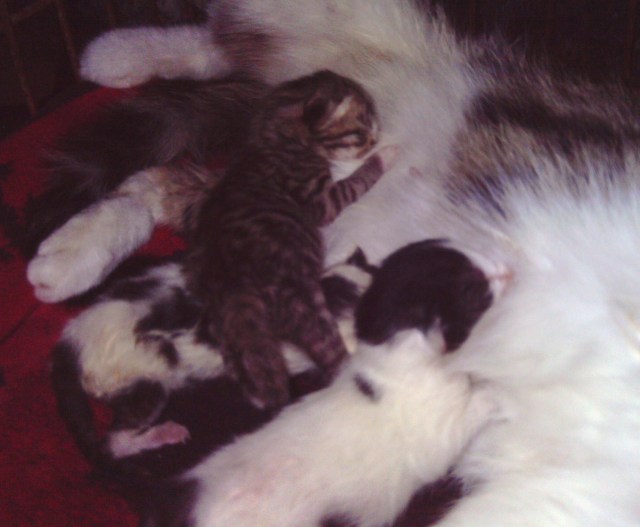 Labor Stalled?
QuestionQUESTION: Recently a very pregnant cat adopted
Labor Stalled?
QuestionQUESTION: Recently a very pregnant cat adopted
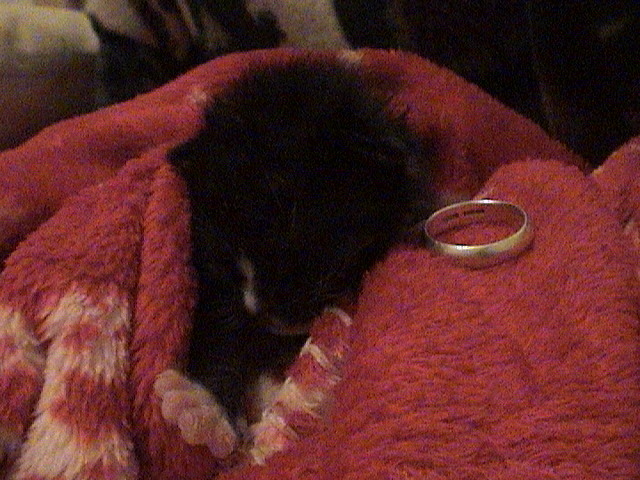 Orphaned Kitten
QuestionQUESTION: My partner and l are very much animal
Orphaned Kitten
QuestionQUESTION: My partner and l are very much animal
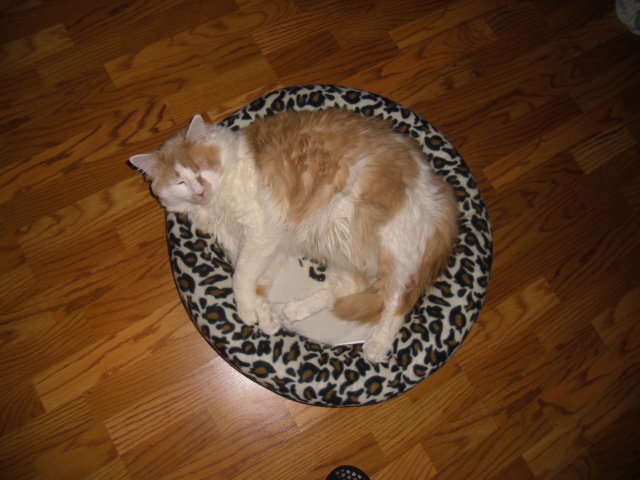 Cats Fighting
Question
Big Cat
Hello.i have a cat named lucky.he is a
Cats Fighting
Question
Big Cat
Hello.i have a cat named lucky.he is a
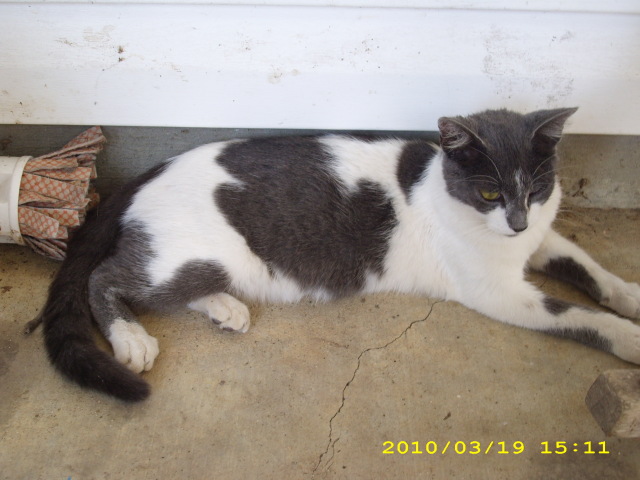 My cat, Spots
QuestionQUESTION: Hi. My cat Spots is a wonderful cat.
My cat, Spots
QuestionQUESTION: Hi. My cat Spots is a wonderful cat.
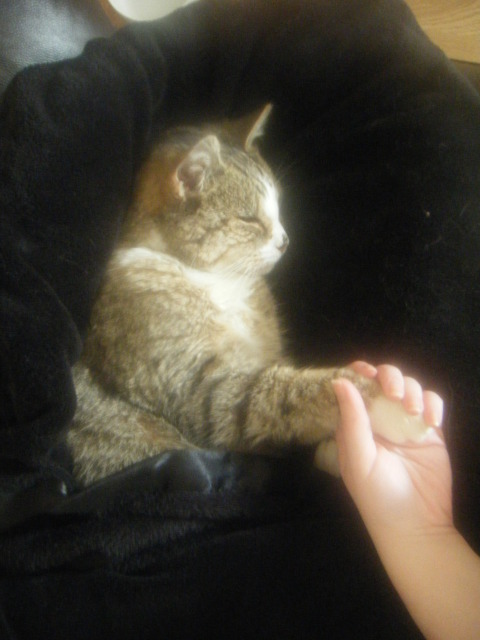 my old cat with no appetite
Question
Timmy since his loss o
Hi, Im really worried a
my old cat with no appetite
Question
Timmy since his loss o
Hi, Im really worried a